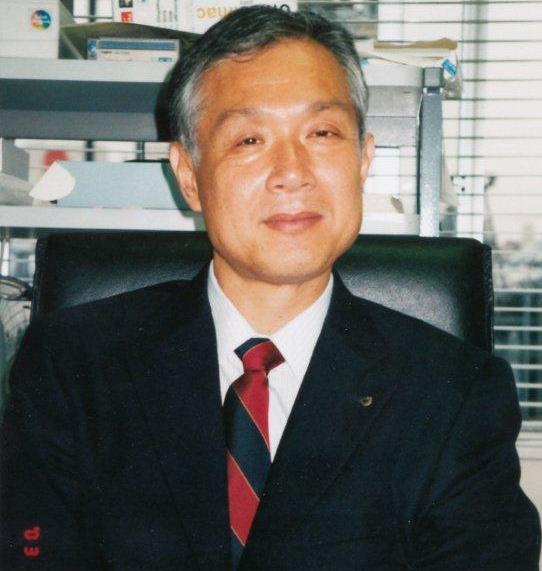Severe Ischemic Cardiogenic Shock: Biventricular Impella®, VA-ECMO and Extracorporeal LVAD as Bridge to a Permanent LVAD
Author(s): Monika Sadlonova, Birgit Gerecke, Aschraf El-Essawi, Lars-Olav Harnisch, Onnen Moerer, Konrad Meissner, Claudius Jacobshagen, Hassina Baraki, Ingo Kutschka
Background: Cardiogenic shock (CS) is the clinical representation of circulatory failure with a state of critical end-organ hypoperfusion due to primary cardiac dysfunction. A severe cardiogenic shock can present with clinical complications such as arrhythmias, ischemia and organ failure and even today is associated with a high mortality of 40-50%. Extracorporeal life support (ECLS) by veno-arterial extracorporeal membrane oxygenation (VA-ECMO), Impella® and other mechanical circulatory support systems can reduce the acute circulatory failure and therefore constitute an important treatment option in the management of severe CS as a bridge to long-term strategies.
Case summary: We present the case of a 38-year-old woman with an acute heart failure due to a coronary artery disease who underwent emergency coronary artery bypass grafting and intraoperative implantation of a veno-arterial extracorporeal membrane oxygenation (VA-ECMO). Over the next 4 months, a multidisciplinary team-approach bridged the patient using first a left ventricular (LV) support system (Impella), then additionally a right ventricular (RV) Impella and finally a temporary paracorporeal continuous flow left ventricular support (Rotaflow). Following a promising neurological recovery, a long-term left ventricular assist device (LVAD) was implanted in a bride to transplant (BTT) concept.
Discussion: The addition of LV Impella and RV support by Impella (BiPELLA) on top of VA-ECMO may support survival of patients with refractory cardiogenic shock. In complex biventricular heart failure, an expert center must be able to provide an early multi-modular intervention with elaborated mechanical circulatory support due to a multidisciplinary expertise.


 Impact Factor: * 5.3
Impact Factor: * 5.3 Acceptance Rate: 75.63%
Acceptance Rate: 75.63%  Time to first decision: 10.4 days
Time to first decision: 10.4 days  Time from article received to acceptance: 2-3 weeks
Time from article received to acceptance: 2-3 weeks 
